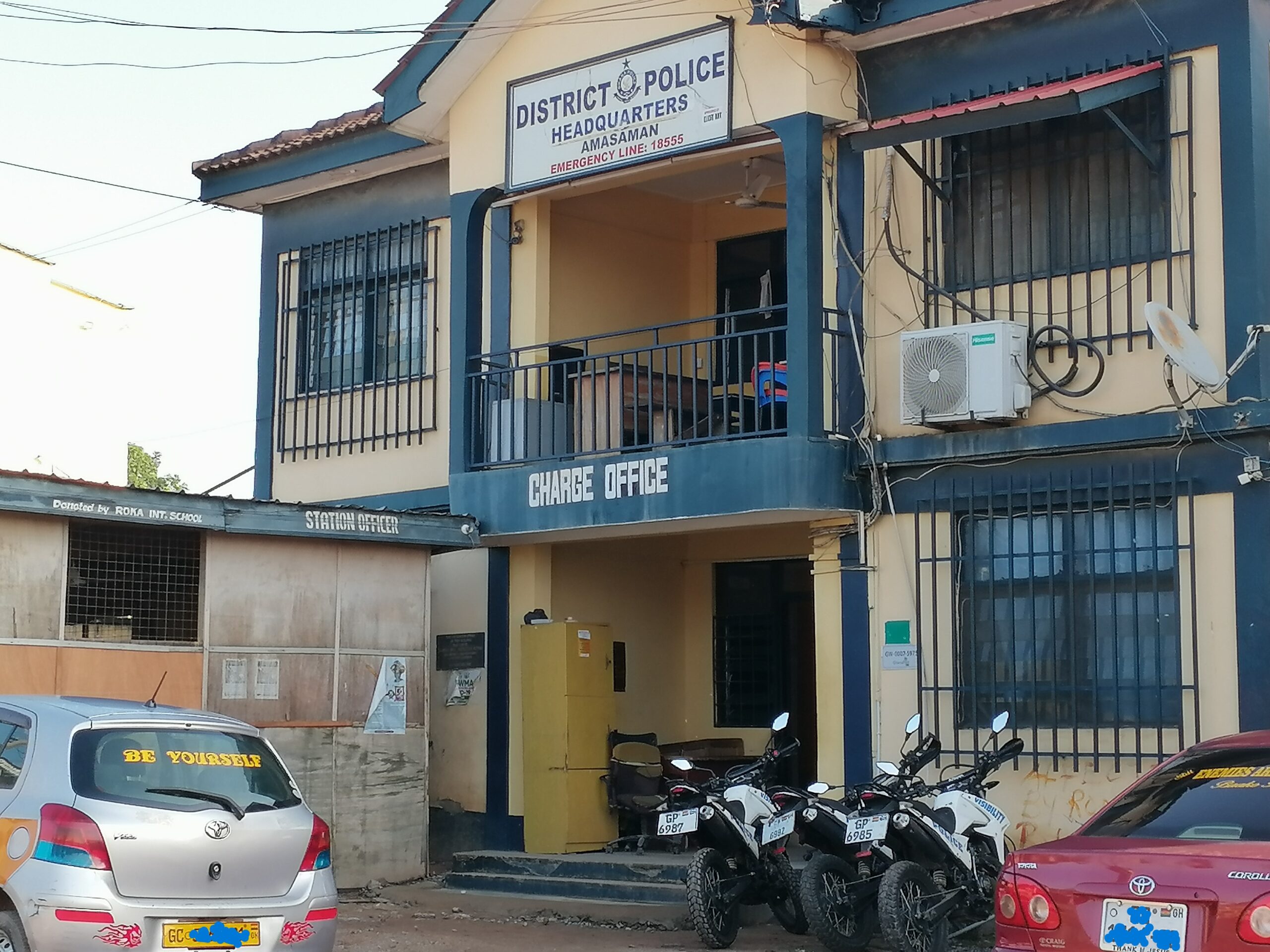Introduction
The relationship between police and civilians is fundamental to maintaining law and order in any society. Effective policing requires mutual trust and cooperation between law enforcement agencies and the communities they serve. This article explores the dynamics of this relationship, the challenges faced, and strategies for improving collaboration to ensure public safety and uphold justice.
The Role of Police in Society
Police officers are tasked with enforcing laws, preventing crime, and protecting citizens and property. Their responsibilities include investigating criminal activities, apprehending suspects, maintaining public order, and offering community services. A well-functioning police force is essential for ensuring the rule of law and providing a sense of security among the populace.
Core Functions
- Law Enforcement: Ensuring compliance with laws through patrols, investigations, and arrests.
- Crime Prevention: Implementing strategies to deter criminal behavior, including community policing and surveillance.
- Public Safety: Managing emergencies, crowd control, and traffic regulation.
- Community Service: Assisting with non-criminal issues such as lost persons and providing educational programs.
The Role of Civilians
Civilians play a critical role in maintaining law and order by cooperating with police efforts, reporting crimes, and participating in community watch programs. Public support and engagement are crucial for effective policing, as law enforcement relies on information and cooperation from the community to prevent and solve crimes.
Civic Responsibilities
- Compliance with Laws: Adhering to laws and regulations set forth by authorities.
- Reporting Crime: Providing timely and accurate information to police regarding criminal activities.
- Community Engagement: Participating in local safety initiatives and fostering a sense of communal responsibility.
- Building Trust: Engaging in open dialogue with police to build mutual respect and understanding.
Challenges in Police-Civilian Relations
Despite the importance of cooperation, several challenges can hinder the relationship between police and civilians. Misunderstandings, lack of communication, and historical grievances can lead to distrust and conflict.
Key Issues
- Use of Force: Incidents involving excessive or deadly force can erode public trust and spark civil unrest.
- Bias and Discrimination: Allegations of racial profiling and discriminatory practices can damage the credibility of law enforcement.
- Lack of Accountability: Perceived or real lack of accountability in addressing police misconduct can lead to a breakdown in trust.
- Community Disengagement: A lack of community involvement and understanding of police work can create a disconnect between officers and civilians.
Strategies for Improvement
Enhancing the relationship between police and civilians requires deliberate efforts from both sides. Implementing community policing, increasing transparency, and fostering open communication are vital steps toward building trust and cooperation.
Effective Approaches
- Community Policing: Establishing strong relationships between police officers and community members through regular interaction and involvement in local activities.
- Transparency and Accountability: Implementing body cameras, transparent investigation processes, and civilian oversight committees to ensure police accountability.
- Training and Education: Providing police officers with training on cultural competency, de-escalation techniques, and bias awareness to improve their interactions with diverse communities.
- Public Engagement: Creating platforms for dialogue, such as town hall meetings and advisory boards, where civilians can voice concerns and collaborate on safety initiatives.
Conclusion
Maintaining law and order is a shared responsibility between police and civilians. Effective collaboration, built on trust and mutual respect, is essential for creating safe and just communities. By addressing challenges head-on and fostering open communication, both police and civilians can work together to uphold the principles of justice and public safety.


